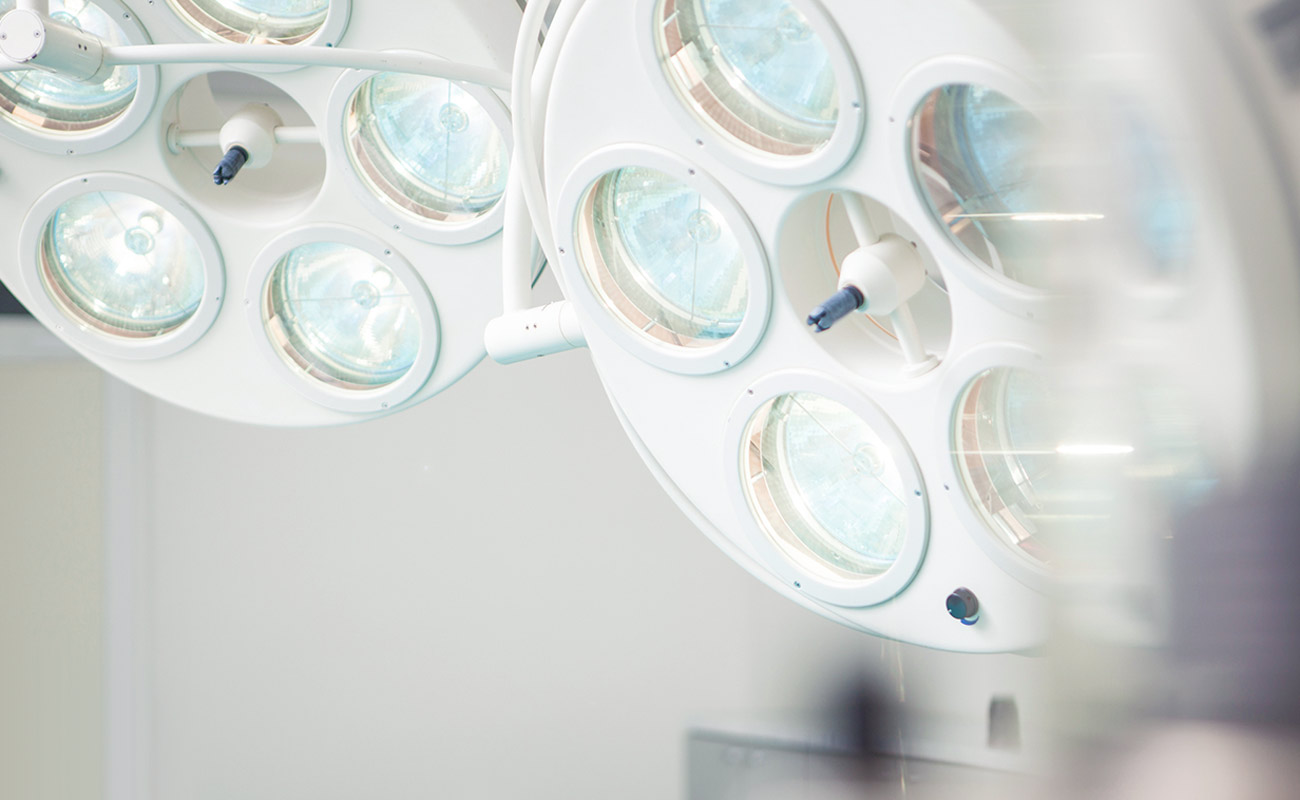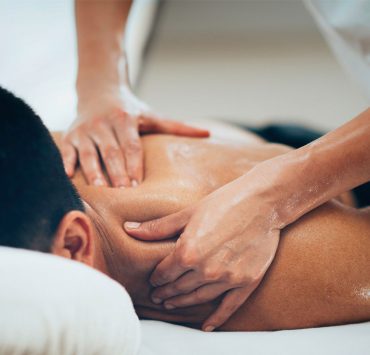If you have a surgery coming up, it’s understandable to be preoccupied with associated appointments, filling prescriptions, pre-surgery jitters, and the ins and outs of surgical prep. That all makes it easy to overlook your sense of wellness, likely putting massage far out of your mind. But you may be surprised to learn just how beneficial a preoperative massage can be.
In fact, a massage before an operation is a vital component of your recovery process afterward. Let’s explore how…
The Benefits of Massage Before Surgery
Massage Can Reduce Pre-Surgery Anxiety
Surgery can be anxiety-inducing for many reasons. Regardless of the source of the anxiety, massage is well known as a way to reduce anxiety and stress hormones. In 2020, the Mayo Clinic experimented with providing 15-min hand massages in the waiting room before the operation and found preoperative anxiety to be significantly lowered (and patient satisfaction increased overall).
Massage Can Alleviate Pain Before and After Surgery
Massage is often utilized as a non-pharmacological pain management tool. There are many peer-reviewed studies that show massage after a surgery significantly decreases pain for a sustained time frame. While there is less research about massage before an operation, this 2009 study showed that massage will help reduce the pain that is present beforehand and reduce pain following the operation.
Massage Calms Inflammation in and Around the Surgical Area
For someone headed into an orthopedic surgery, there’s a high probability of latent swelling—i.e. inflammation—around the injury site. Massage is highly effective at preparing the area for surgery by bringing down the inflammation present in that area. The reduction in swelling will provide the surgeon easier access to the target area, helping the operation go more smoothly.
Massage Relaxes Pre-Surgery Muscle Tension – Reducing Postoperative Pain
During an operation, the surgeon often must either cut through muscles or move them around to get to the area they need to work on. If a patient’s muscles are stiff and tight, the surgeon will have greater difficulty wrestling them out of his or her way, resulting in greater impact on the muscle and fascia. This, in turn, will result in a more painful recovery process, as the pain from the operation itself will be compounded by extra soreness in the muscle tissue.
On the other hand, muscles that are relaxed, and therefore more elastic, will be easier for the surgeon to move, resulting in less postoperative pain. Anyone who has had a massage can attest to the feeling of their muscles “loosening,” and there are a number of studies that show that massage decreases muscle stiffness. The relaxation of stiff muscles before surgery can help minimize recuperative pain and decrease the degree of muscle trauma caused by the operation.
When is the Best Time to Get a Pre-Surgery Massage?
Preoperative massage will have the greatest impact 1–2 days prior to surgery. The beneficial effects of massage last long enough, however, that one would still benefit from a massage any time in the 7 days before the surgery.
When scheduling a pre-surgery massage, there are some additional factors to take into consideration, such as:
- Not being able to eat/drink for a certain amount of time before surgery: Massage can cause mild dizziness afterwards, especially for those prone to lightheadedness or drops in blood sugar. If eating before or after a massage is essential for you, avoid scheduling a treatment during your pre-op fasting window, which can be as long as 24 hours before surgery. Otherwise, just use caution when getting off the massage table, in case you are a bit dizzy and on an empty stomach.
- Topical specifications for your specific surgery, such as specialized soap: This would likely indicate you should avoid applying massage lotions, gels, and oils to your skin during this period. In such a scenario, you should book your massage the day before this regimen begins, to ensure that any massage product residue is washed off before surgery.
What Style of Massage is Best Before Surgery?
Though everyone’s preferences are unique, Swedish and deep tissue massage are the ideal modalities for a preoperative massage, preferably with specific focus on the surgical area and the surrounding regions that may be affected by the operation. Swedish massage will be better at calming anxiety and inducing the restfulness required for preparation and recovery, while deep tissue could be more effective in reducing tension in targeted muscles. But either modality will be extremely helpful with pain management, anxiety, inflammation, and overall muscle tension.
Most importantly, talk to your therapist about your upcoming surgery, the relevant cause or injury, and what you want to get out of the massage. This will impact how the therapist approaches the surgical area, as well as the massage overall. An open line of communication—both before and during the massage—is essential for the most beneficial massage. Your therapist will appreciate it, too!
Important: Talk to Your Care Team Before Having a Preoperative Massage
While the benefits of massage before or after surgery can be immense, it is critical that you consult with your care team—and, most importantly, your surgeon—before scheduling a pre-surgery massage. There may be unique considerations for your specific surgery and condition that contraindicate pre-surgical massage, so be sure to get informed about this first!
Massage is becoming increasingly popular among patients preparing for a major surgery—and more widely recommended by physicians every day. It can help reduce anxiety, pain, inflammation, and muscular stiffness, which will all contribute to an easier, less painful recovery process.
Melanie Peddle holds a MS in Mechanical Engineering and has been practicing massage since 2012. She is an instructor with Western Colorado University in its partnership with the University of Colorado, focusing on biomechanical engineering and injury, as well as applications in adaptive sports. An accomplished collegiate athlete, Melanie brings an engineer's mind to all her physiological pursuits, and a passion for the most interesting engineering challenge of all: the human body.



